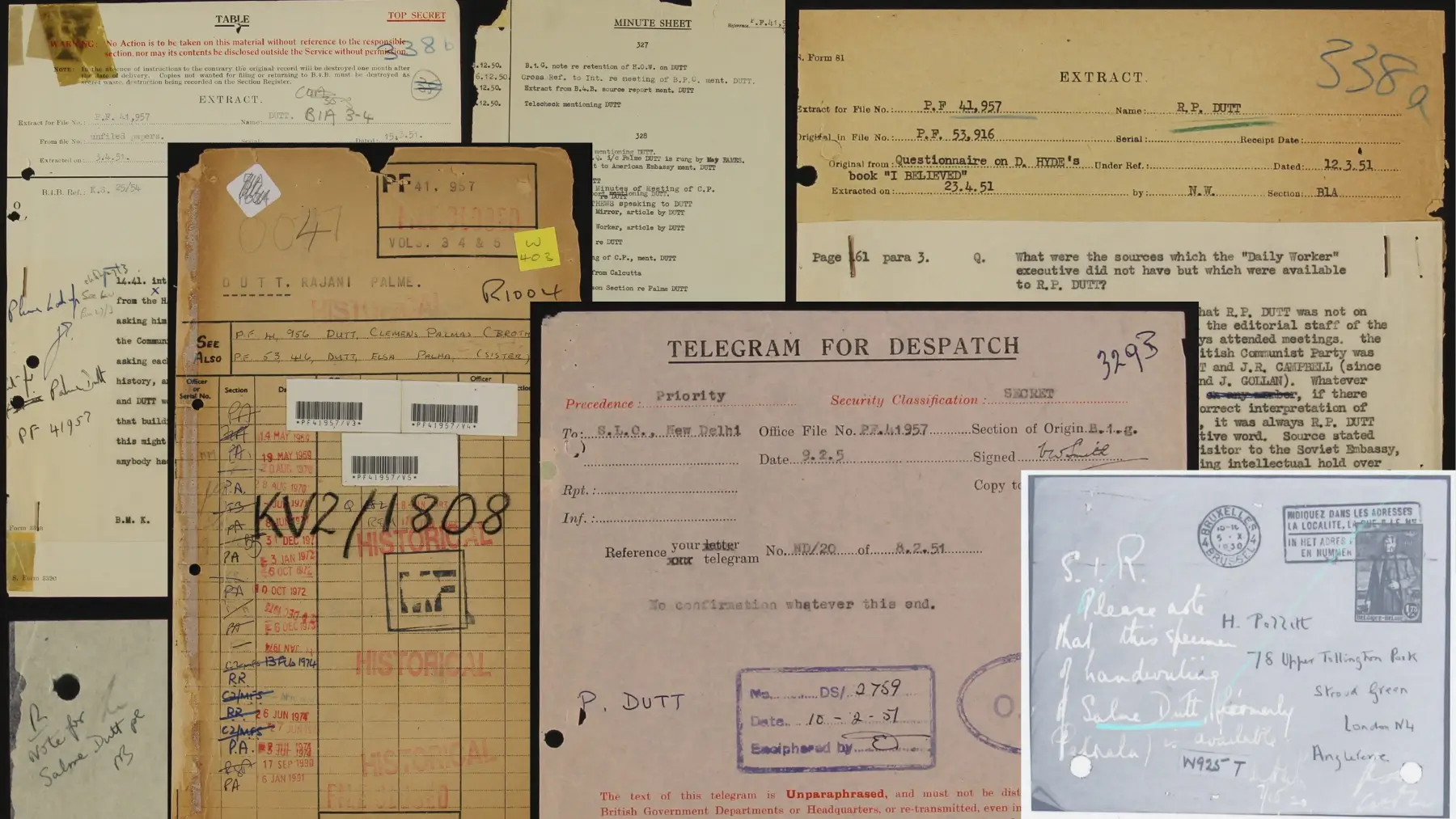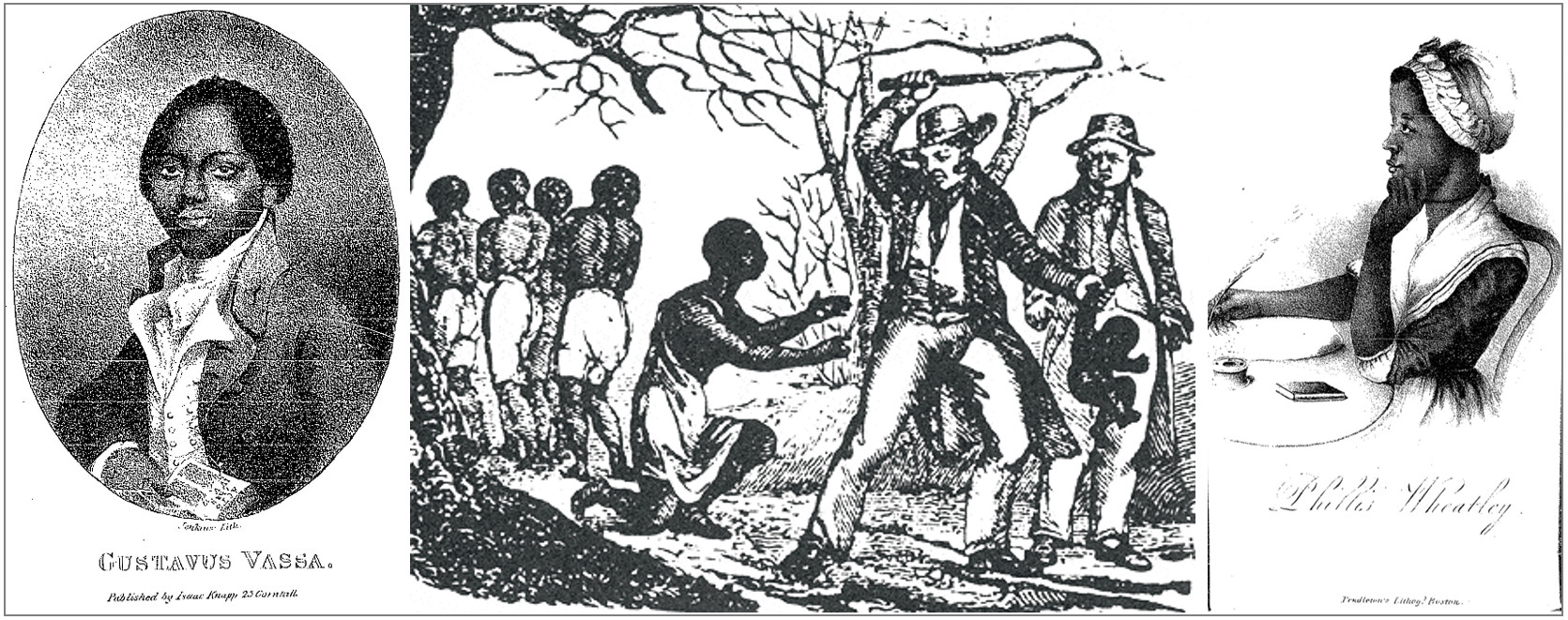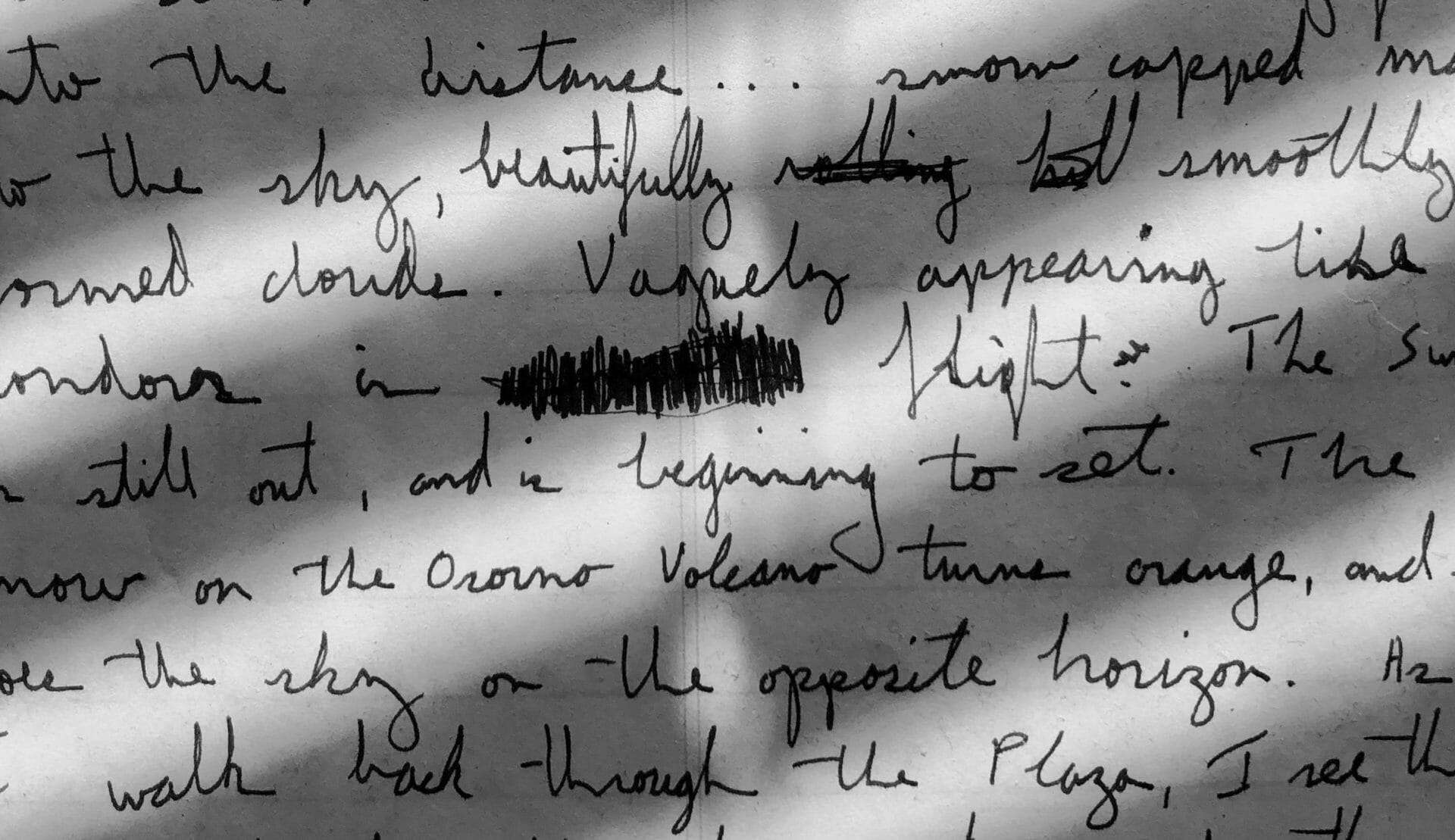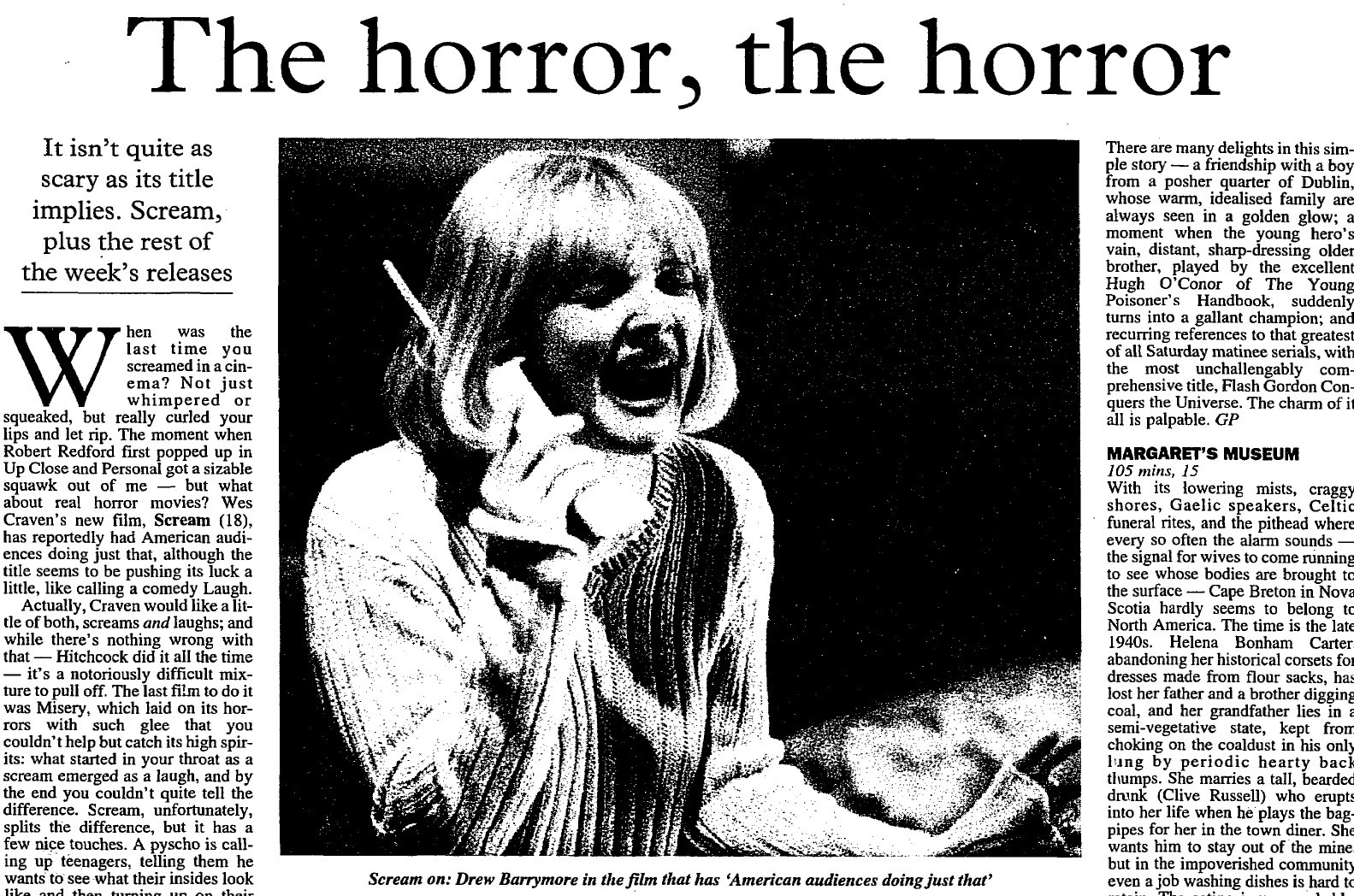│By Chloe Ann Hooper, Gale Ambassador at the University of Glasgow│
Although what inspired me to enrol in an English Literature degree course was my love of reading, throughout my undergraduate studies I found that, after spending hours a day making my way through reading lists, the last thing I wanted to do was pick up another book! Having since spoken to friends who studied the same course as me, I’ve found out that I wasn’t the only one who had felt this way – it actually seems to have been a fairly common experience. I didn’t realise that at the time, however, and thought that I was a fraud for passing the course while not acting like a stereotypical “reader”.
What took my friends and I a long time to realise is that reading a book to study it in class is a very different experience to reading a book for fun. Even after graduation, getting back to reading what you love can be a long and frustrating process which is why I decided to put this blog post together. Chances are that you’re not going to be reading a lot of action-packed mystery novels or YA romance/adventure books while at university, but after exploring Gale’s literature resources I found a few tools that students can use to stay inspired by and engaged with the written word.





